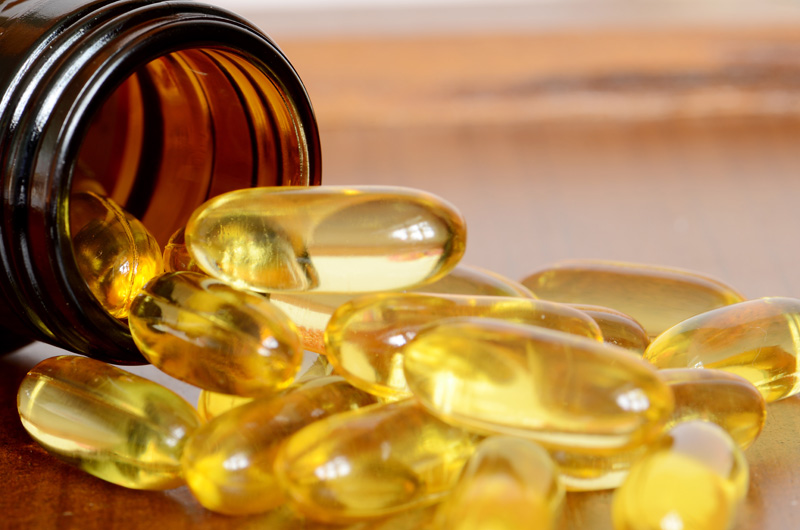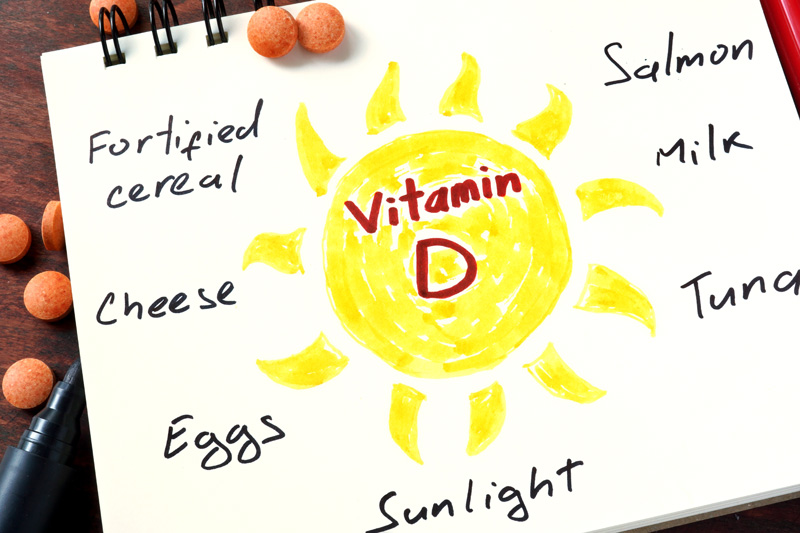The vitamin, which can be gotten from a dose of the early morning sun, has been associated with healthy bones, teeth and muscles. Vitamin D is known t
The vitamin, which can be gotten from a dose of the early morning sun, has been associated with healthy bones, teeth and muscles. Vitamin D is known to help with calcium and phosphate regulation in the body, and is also known for its role in the immune system.
Based on a recent study published in the British Medical Journal, researchers claim that vitamin D supplements can prevent colds and flus in over three million people in the UK each year. They therefore argue that adding the vitamin to food should be considered.
This is not the first study that has been carried out on the impact that vitamin D may have on respiratory tract infections. A good proportion of the UK population have low levels of Vitamin D during winter. This is because, it is made in the skin using sunlight. There have been earlier studies that have tried to determine if the rise in colds and flus during winter may be attributed to lack of sunlight and, a resultant low vitamin D level in the body.
What The Study Says
Since earlier trials have been inconclusive, the researchers took a look at data on 11,321 people from 25 trials. Their discovery was that one in 33 people taking vitamin D supplements would not have to worry about flus and colds.
According to the team of researchers at Queen Mary University of London (QMUL), those who take the pills on a daily or weekly basis benefit more than those who take it on a monthly basis. The team of researchers led by Adrian Martineau, a clinical professor of respiratory infection and immunity at QMUL, also observed that those who had low levels of vitamin D in their bodies benefited more. Their recommendation is that everyday food such as milk should be fortified with the ‘’sunshine vitamin,’’ just as it is done in the U.S.

Reactions to The Study
Reactions to the recommendation of this study have been two-fold. The head of nutrition science at Public Health England (PHE), Prof Louis Levy, said that there is no ‘’sufficient evidence’’ provided by the study for food to be fortified with the vitamin. Others are of the opinion that evidence is needed to prove that vitamin D supplements would help others other than those with already low levels in their blood.
On the other hand, other scientists believe that the findings of the study are worth debating upon, or that the study has proven that vitamin D supplementation reduces cases of respiratory infections.
Why Vitamin D is Important
PHE recommends that vitamin D supplements are taken in autumn and winter, because of its benefits to the bones and muscles. It is also highly recommended for young children at all times of the year to prevent rickets, and for adults, especially those who cover up often to prevent bone and muscle problems.
On the flip side, too much vitamin D in the system can lead to high levels of calcium in the blood, and lead to heart and kidney problems.
Although there seems to be some skepticism over this study, if the study really outlines another benefit of the sunshine vitamin, then it means that there would be fewer cases of acute respiratory infections yearly, which would mean lower NHS costs.




















































































































COMMENTS